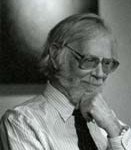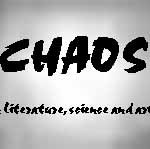One of the many great events scheduled for the Millbrook Literary Festival.
In this ninety-minute illustrated presentation, Peter Meineck offers short readings from contemporary translations of ancient texts to elucidate the connections between the experience of the American veteran community and the ancient Greeks and Romans. Participants will be asked to relate their own stories to the ancient material and together will explore themes such as coming home, democracy and war, women at war, the ethics of war and the relationships between veterans and civilians.
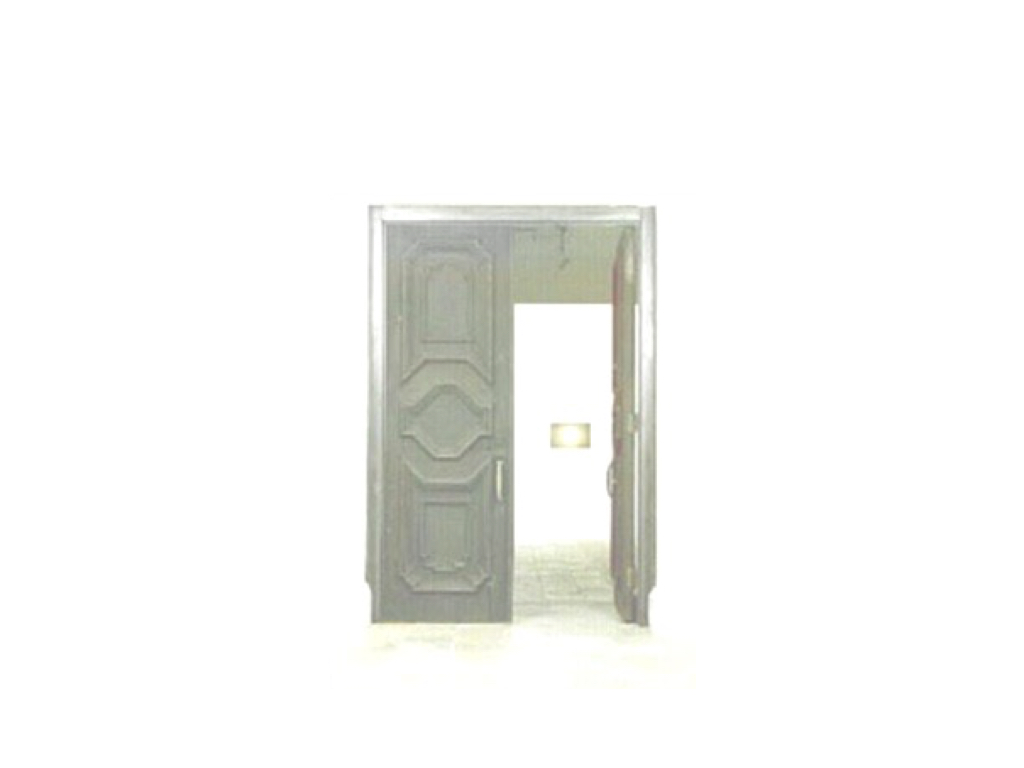
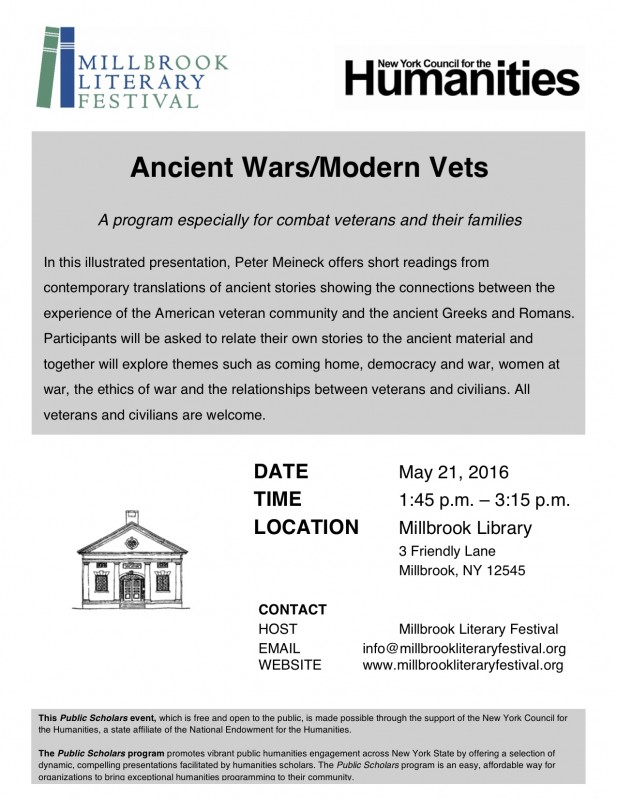
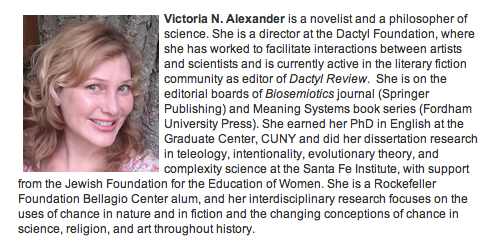
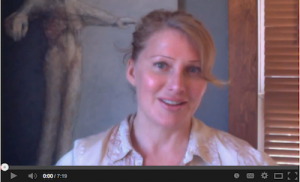
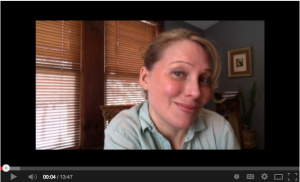
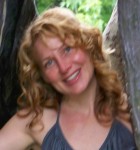 August 2010
August 2010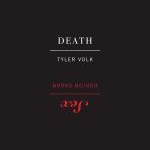


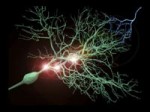 November 8th 2002, 2-4 pm
November 8th 2002, 2-4 pm September 28, 2001
September 28, 2001